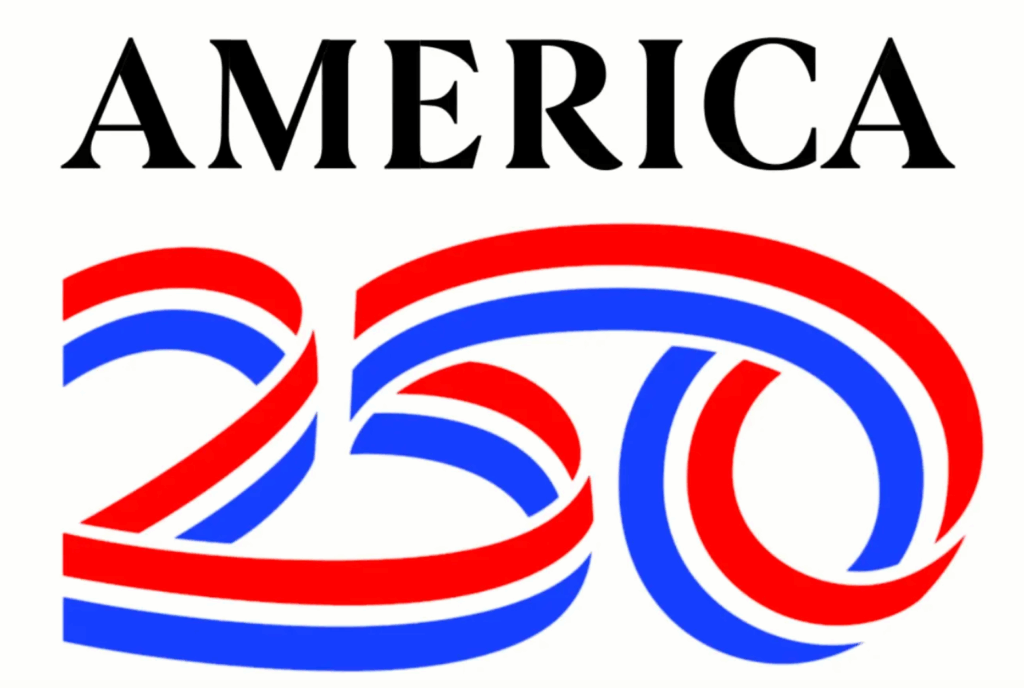Yahoo! Search Marketing’s (formerly Overture) new policy regarding trademarks affects affiliate marketers in the following ways:
1.) A reseller’s site must sell the product or service bearing the trademark, or provide a link to a site where the product or service can be purchased.
2.) An information site must not be competitive, where the primary purpose of the site is to provide substantial information (i.e. – product reviews or comparisons).
3.) A competitive comparison site must offer detailed comparative information on multiple dimensions. The comparison must be fair and not biased toward the offer that you may get a higher CPA for.
Any good affiliate marketer’s (or business person’s) main objective is to make the most money as efficiently as possible. Search arbitrage on a pay-per-click basis always carries the tradeoff between high volume general keywords and lower volume, but higher relevant keywords. When promoting a big name brand’s product or service, the highest volume and most efficient keyword to bid on is often times their trademark.
A relatively unnoticed phenomenon of search engines is their use as a navigation tool as opposed to simply a tool to search the web. You may even find yourself typing in a company’s name into a search engine, and then clicking to their website instead of simply typing the url into the browser. Albeit, I admit quite a bit of the traffic is probably also from searchers looking for sites with more information on the company’s offering, but the combination of the two will drive significant search volume.
When search arbitragers seized this opportunity to promote via high volume, heavily trafficked keywords, companies with popular affiliate programs were then forced into bidding on their own “brands” as a defense. After all, would you like a competitive ad showing up in the number one position for your brand’s keyword? Or other bidders driving up your CPC costs? Probably not. Search engines had to maintain the competitive landscape of their bidding process to help their bottom line, but also cater to the demands of the big budget clients, many times the brands.
What does this all mean for the average search affiliate? More stringent guidelines require affiliates to do more work to meet them. Most likely those who have had an easy time thus far will run into this headfirst. Others, who comply, will probably end up building better pages that not only meet the guidelines, but also improve their overall conversions. The days of slapping up a fake comparison site with just a link to your preferred offer are gone. I personally think two things will happen: 1.) Amateurs looking to make a quick and easy buck will trickle away and 2.) Affiliates that are truly dedicated to the long term sustainability of their business will invest more time and resources into the content of their landing pages, which will eventually spawn more naturally ranked affiliate sites.
Detailed information about Yahoo’s trademark policy can be found at http://searchmarketing.yahoo.com/legal/trademarks.php



